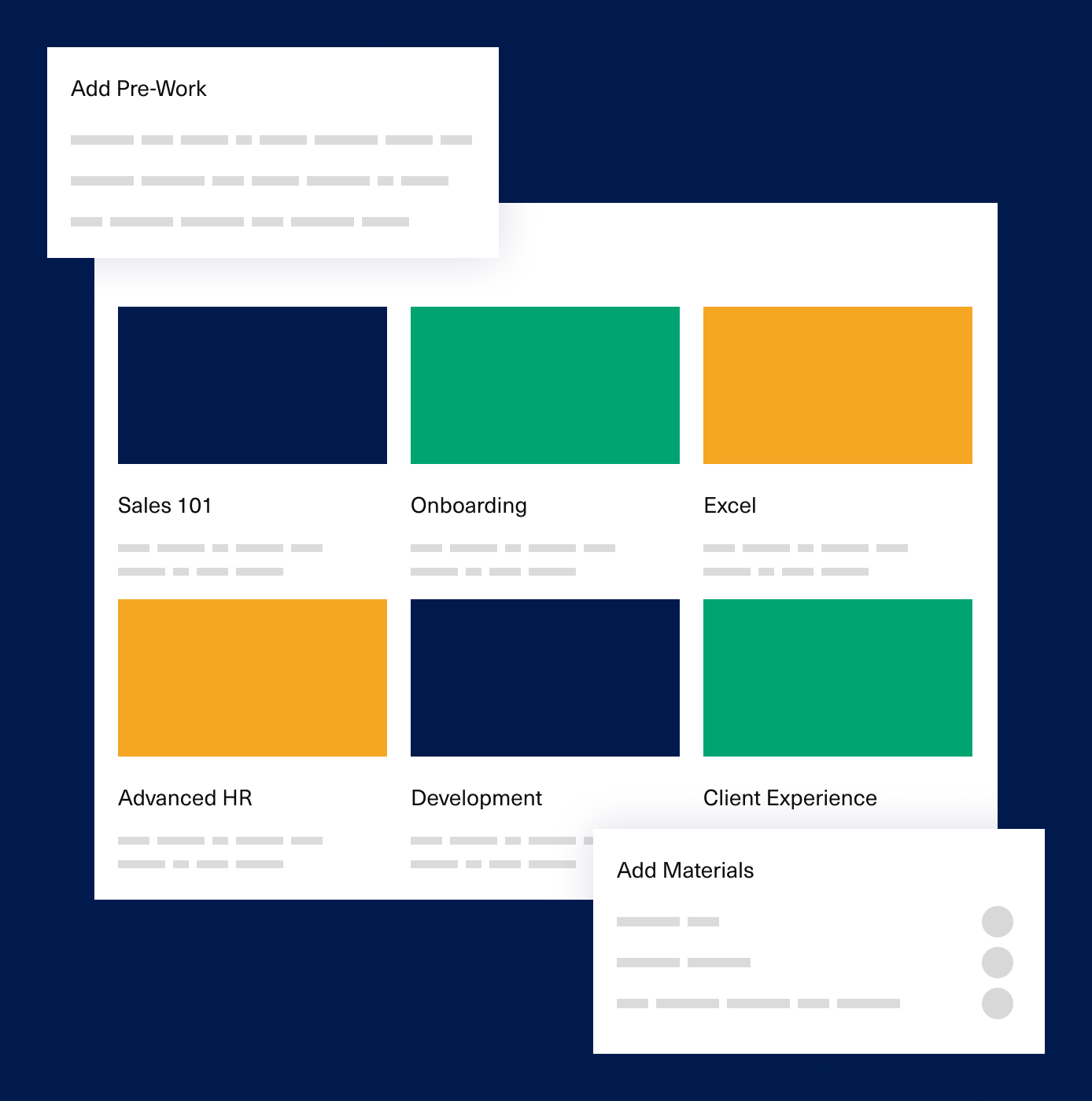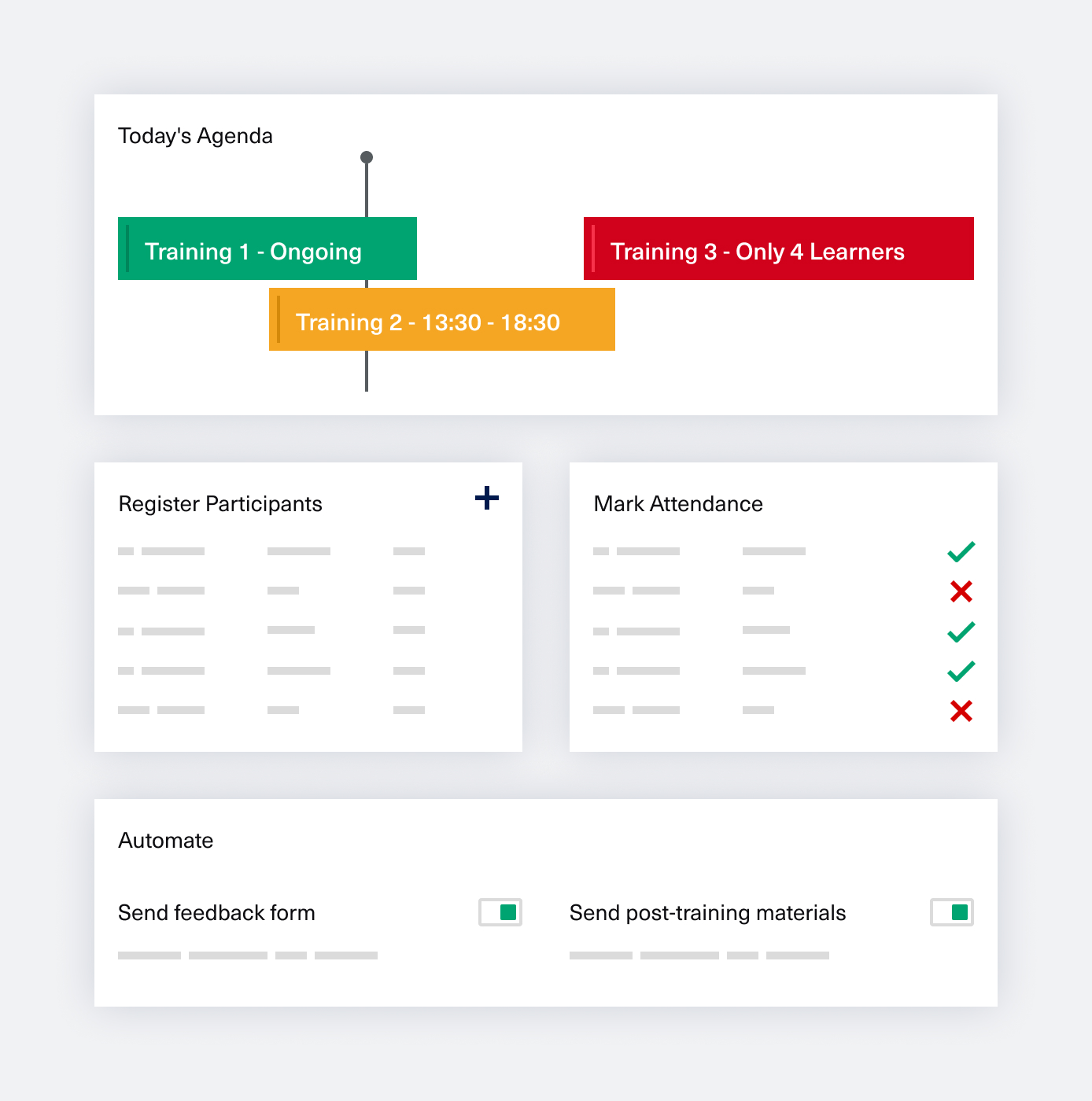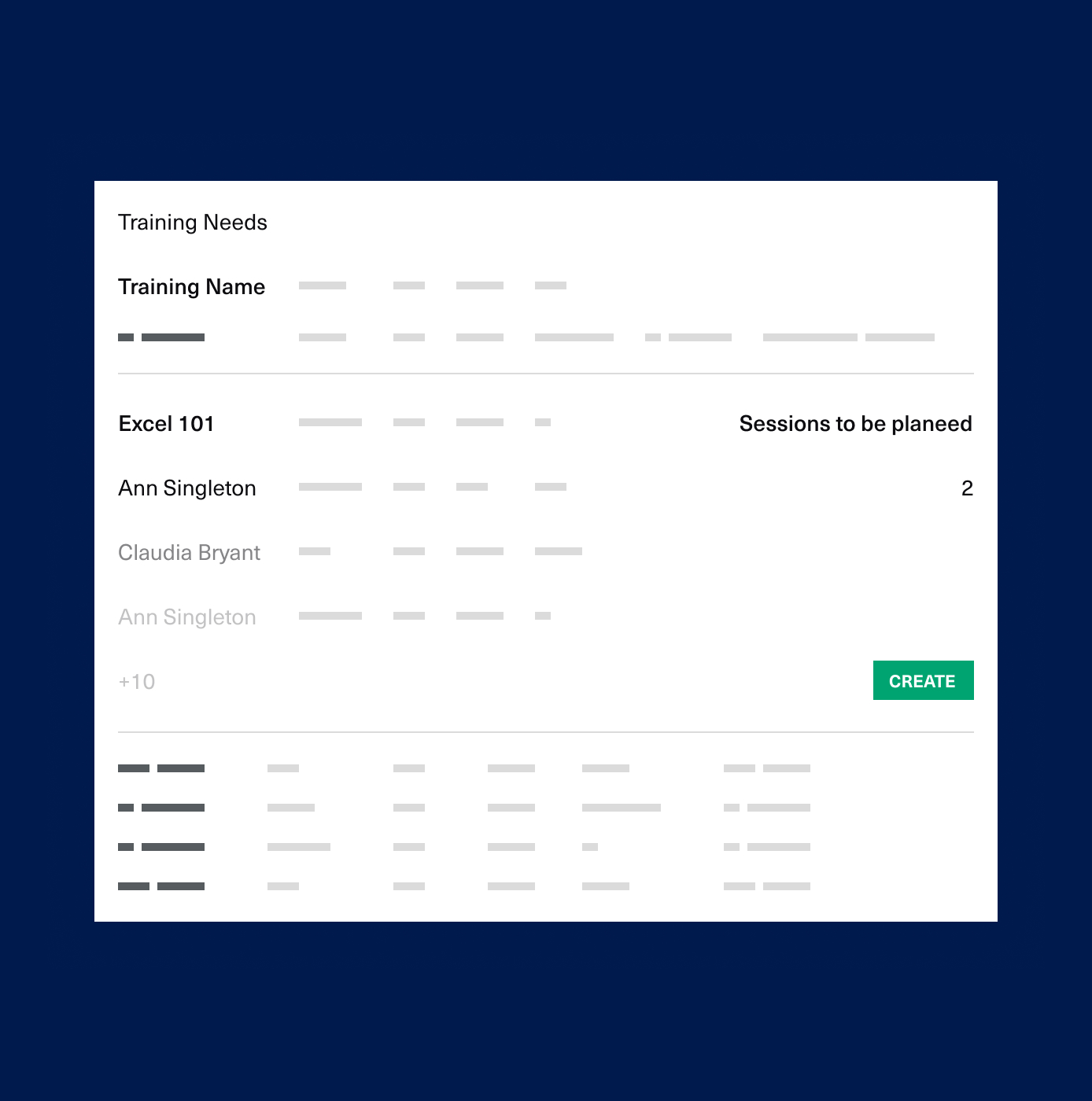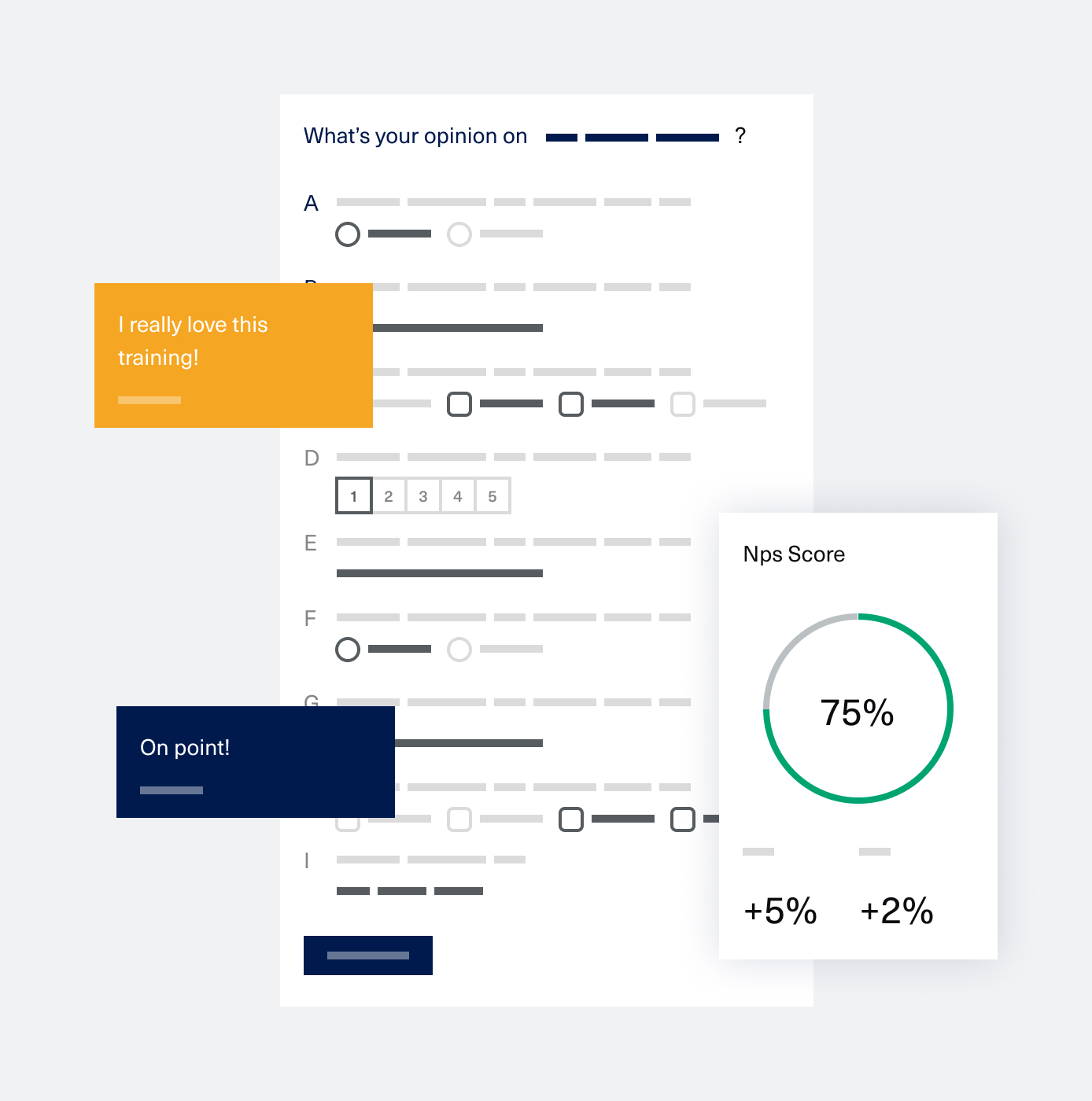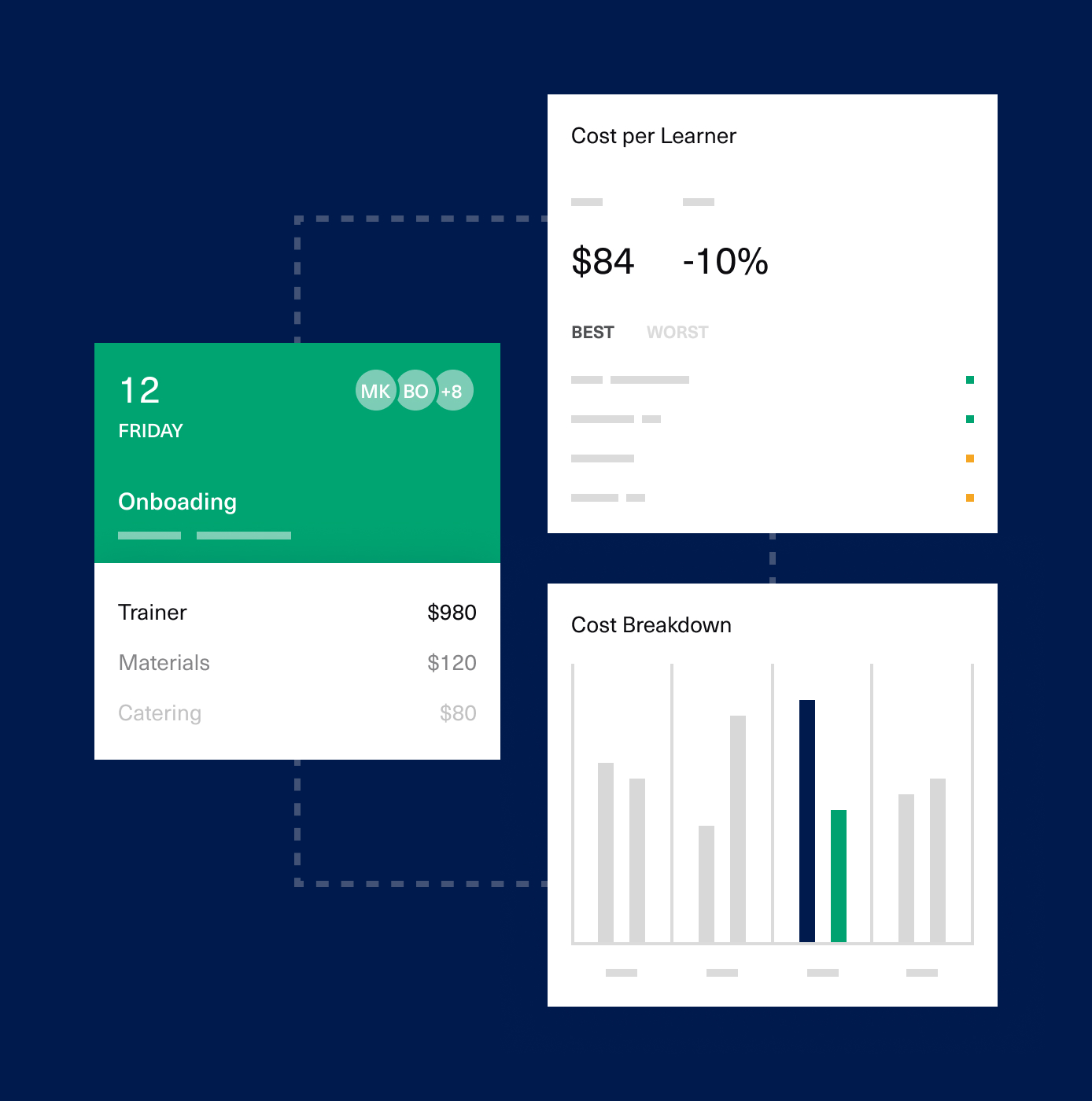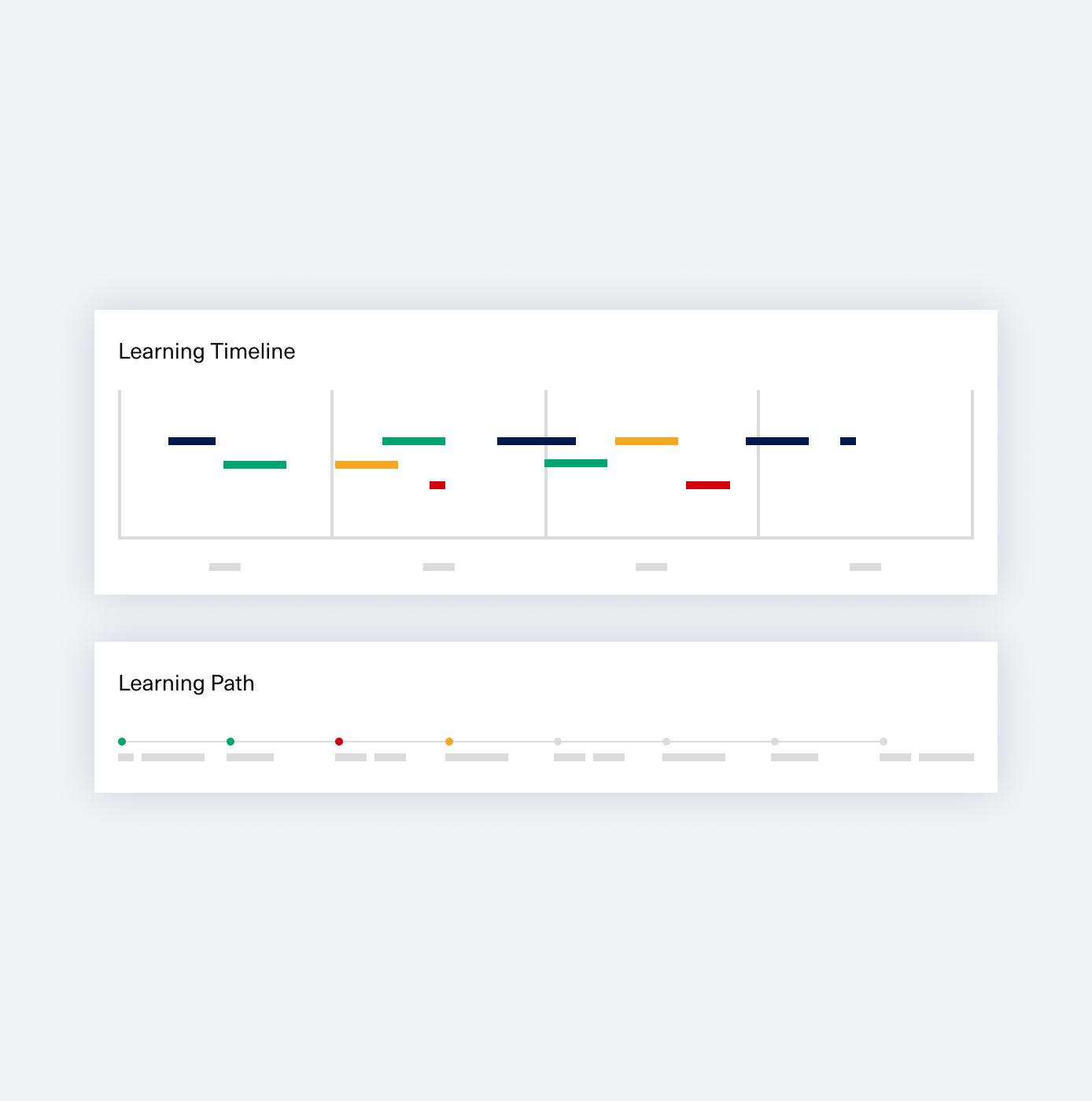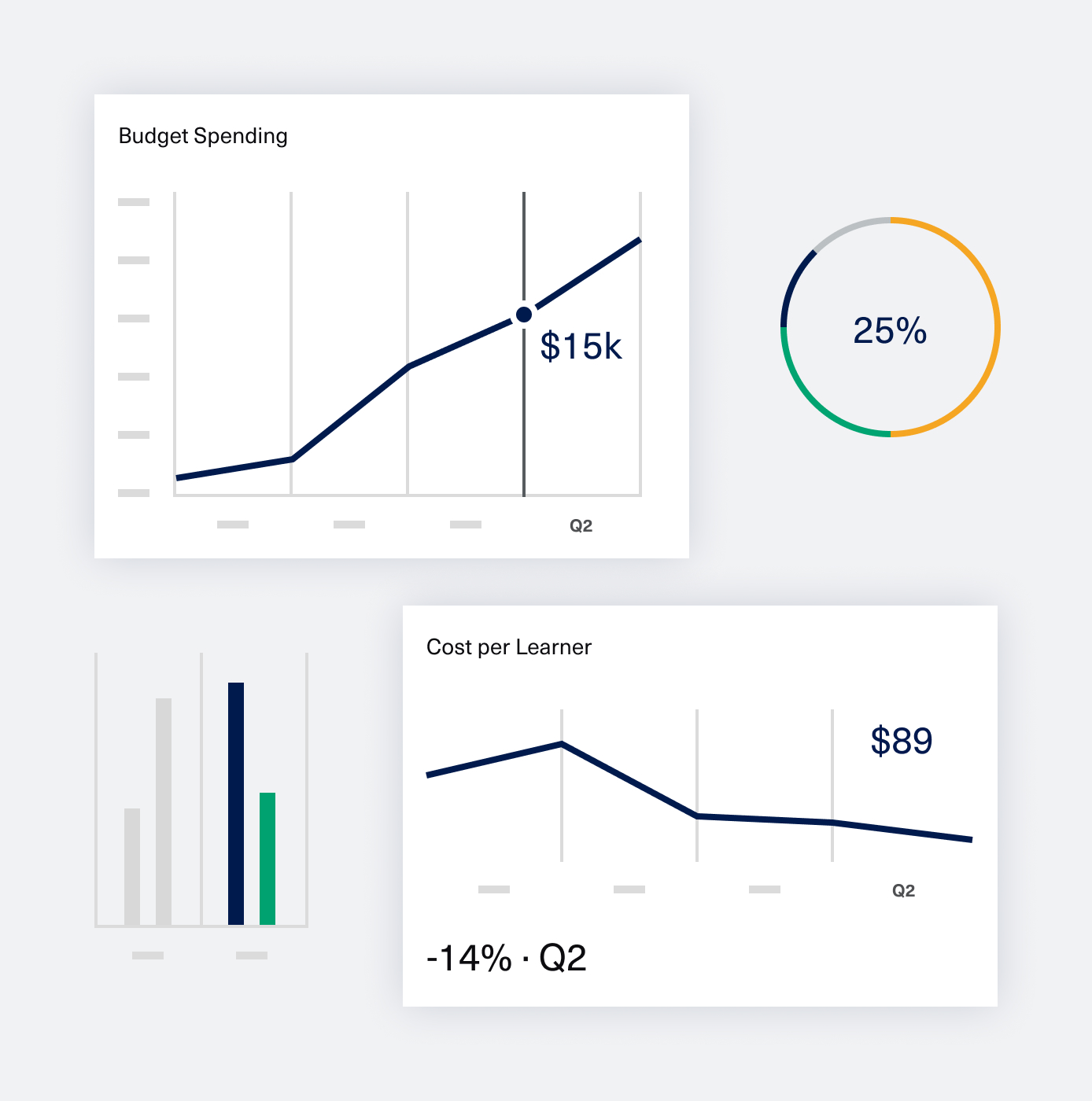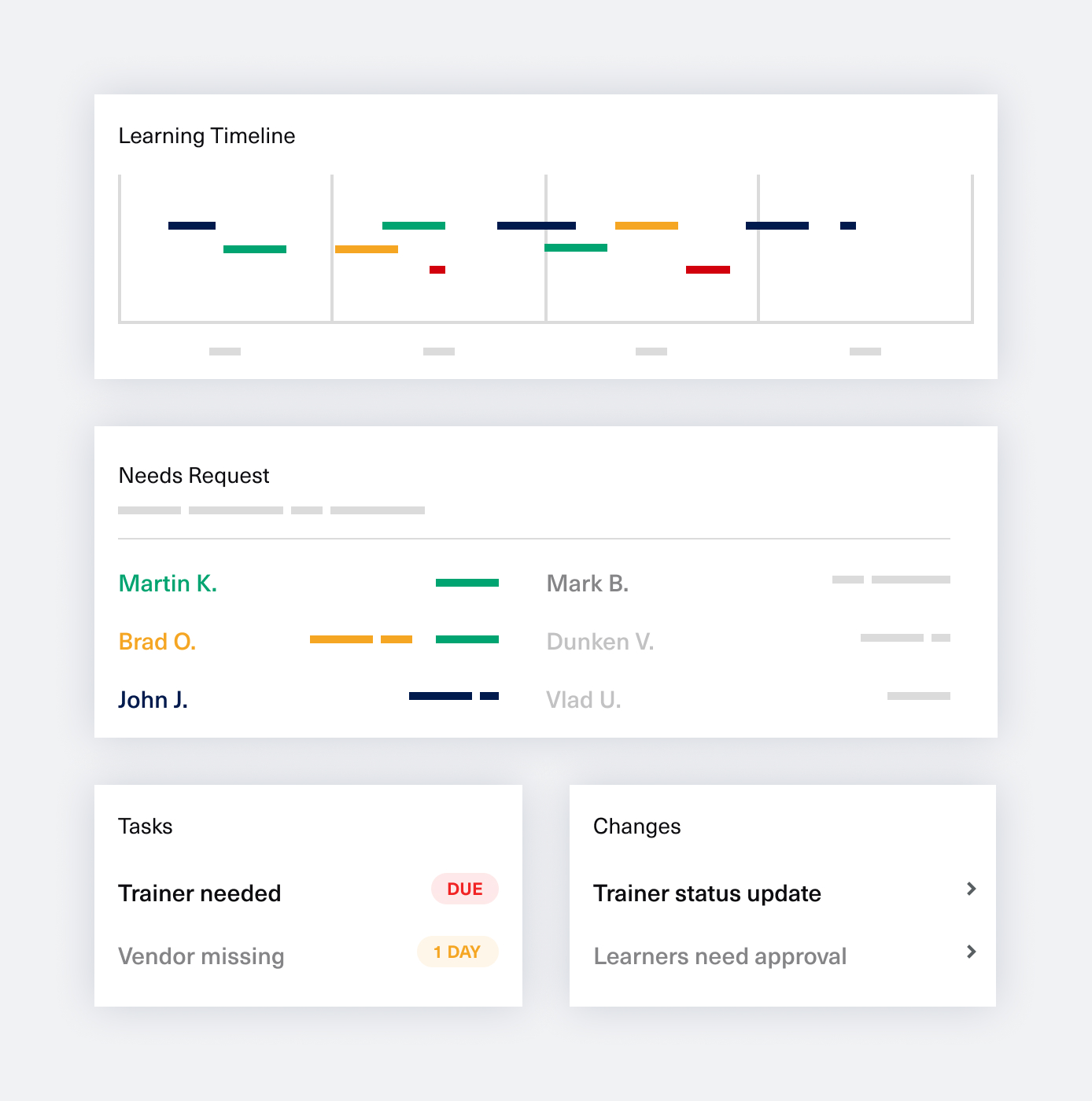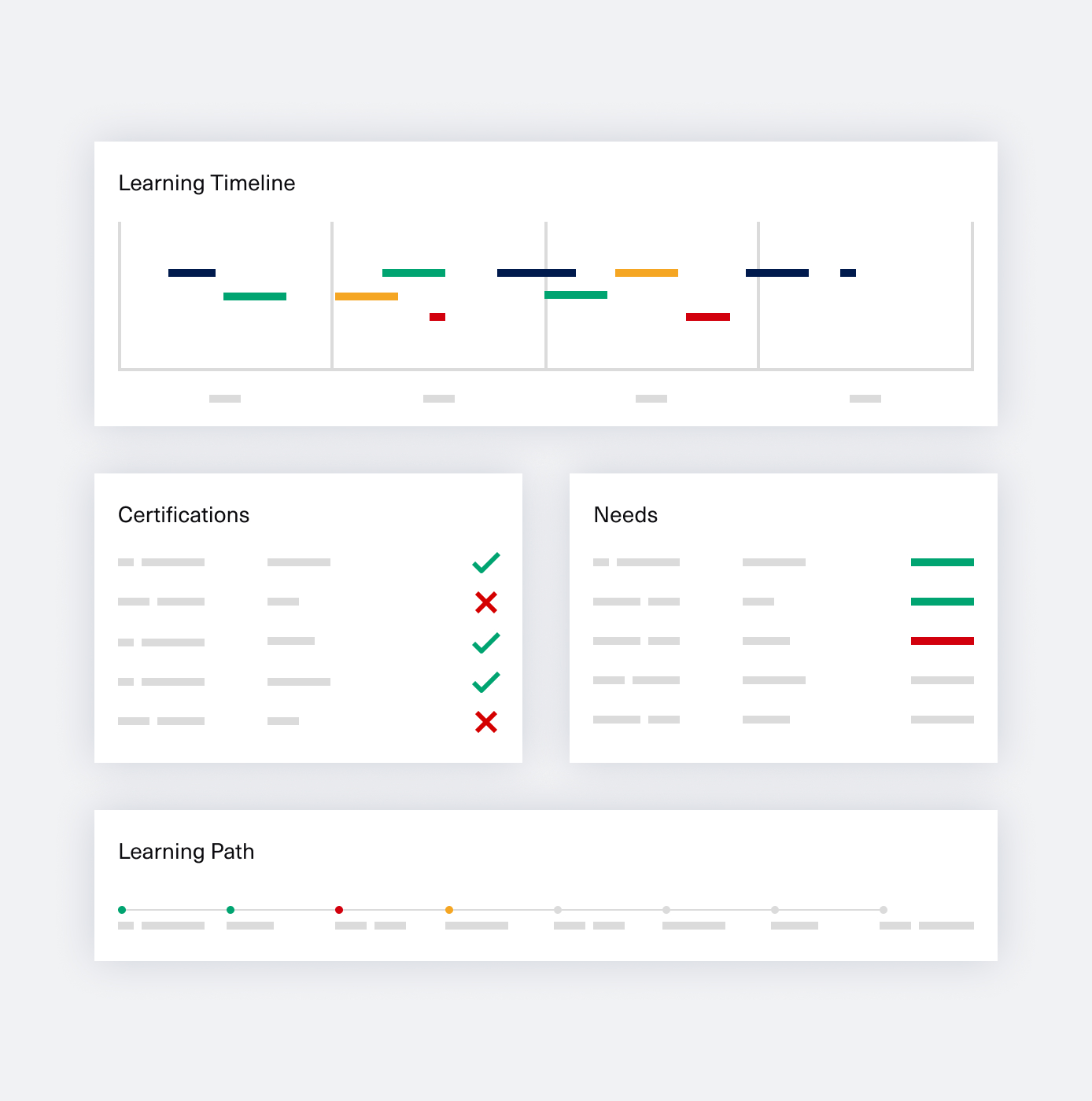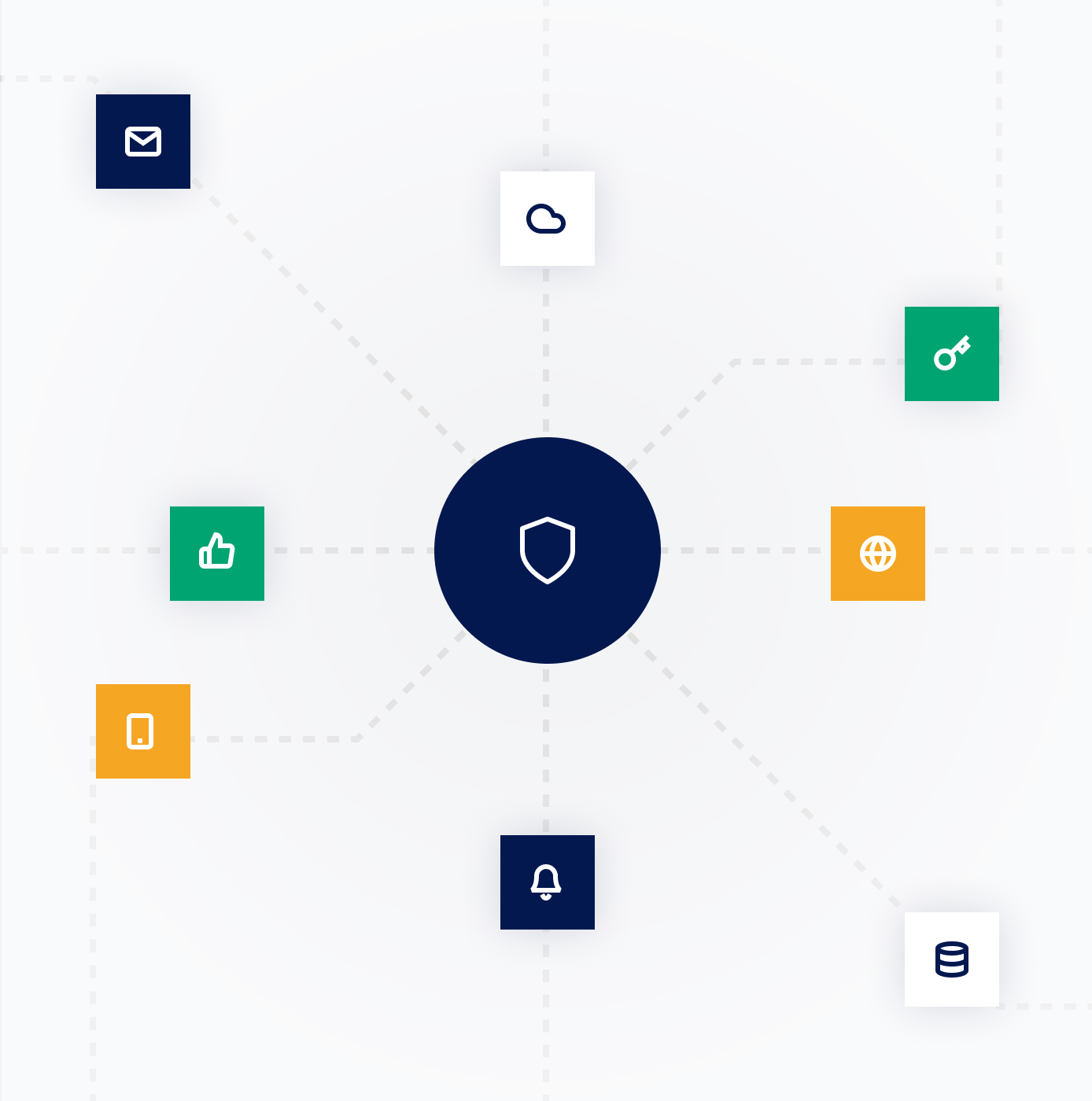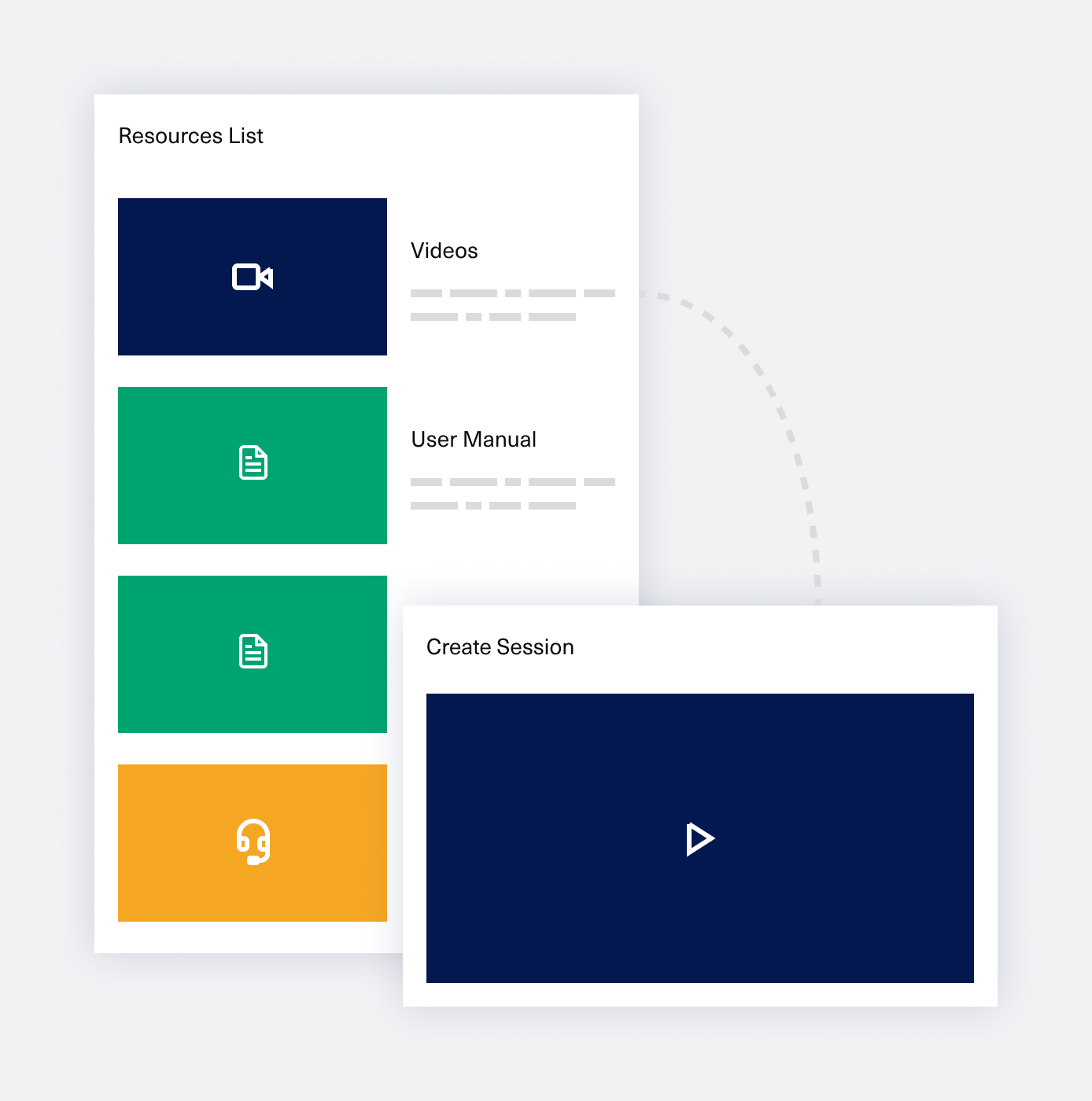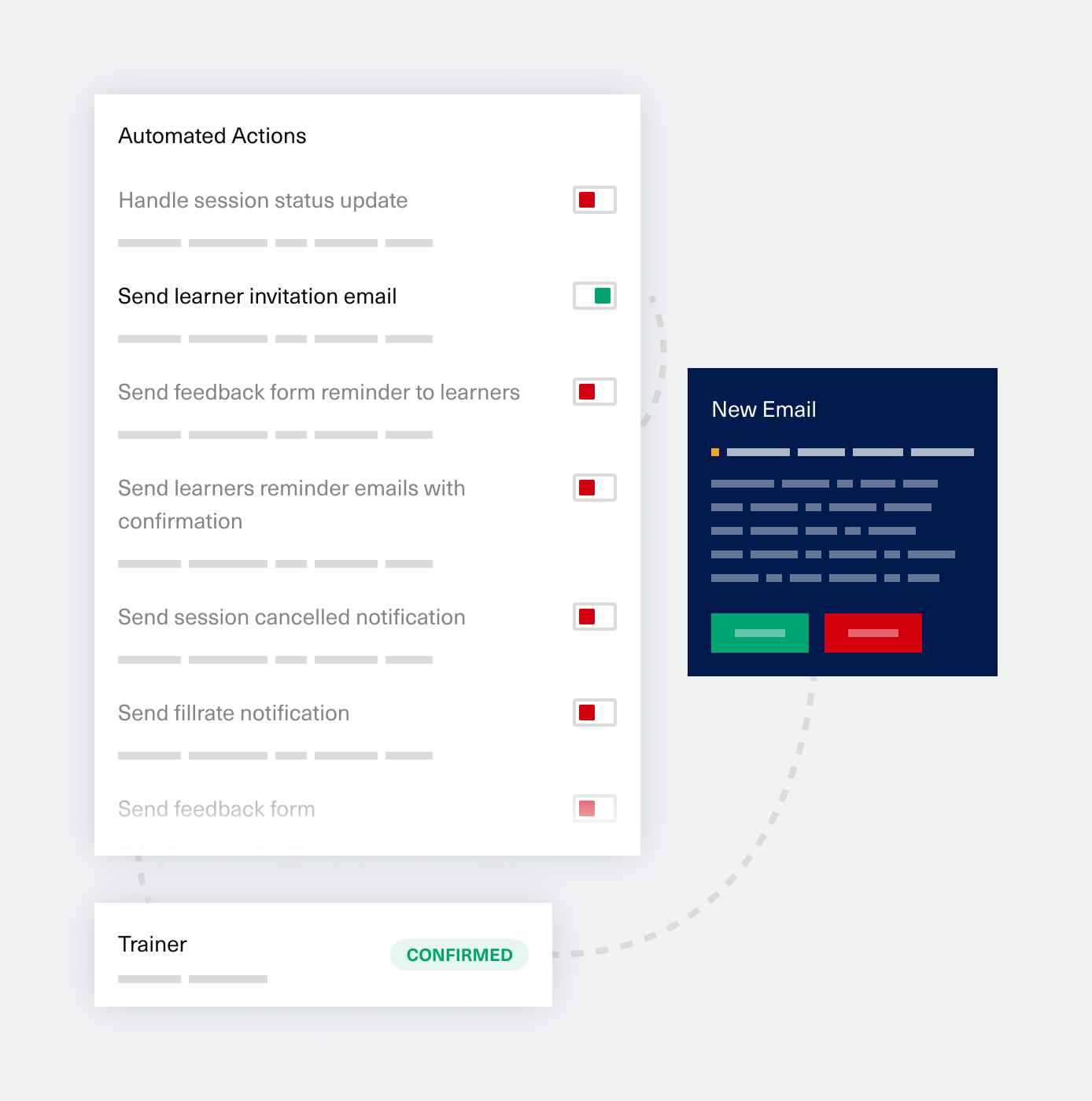Throughout the years, research has revealed a list of theories we should be acquainted with when designing learning programs or offering consultancy.
Understanding adult learning principles and bringing them to the discussion table will help us build more relevant arguments and share a new way of looking at how our colleagues grow and reach performance.
Although there is no definite answer regarding how people learn, over the years, theorists have provided learning professionals with a strong list of adult learning principles we can use in our work.
What are some important Adult Learning Principles?
- Self-directed learning
- The role of the learners’ experience
- Putting learning resources to practical use
- Motivation
- Readiness to learn
Self-directed learning
As we grow older, we become more autonomous in every aspect of our life. Learning is no exception. If while in school we were like sponges, absorbing everything our parents or teachers would give us, adults tend to be more self-directed.
One of the theories we should be aware of is what Malcolm Knowles brought to our industry decades ago. His definition is famous among Adult Learning Principles facilitators and tells us that self-directed learning is “a process in which individuals take the initiative without the help of others in diagnosing their learning needs, formulating goals, identifying human and material resources, and evaluating learning outcomes”
How can we use self-directed learning in our work?
- Define the skills necessary in your organisation and roles needed to nudge adults in the right direction;
- Create learning paths and let your colleagues choose which ones they tackle;
- Provide learning stipends so that people choose whatever resources make sense in their learning journeys.
The role of the learners’ experience
As adults, we are not tabula rasa. We have gone through experiences that have shaped our mindsets, biases, and ways of working.
Adults are more inclined to engage with resources that are relatable to their background. While this is useful to know, you should be aware of its pitfalls. When turning only to our experience while learning, confirmation bias is strong.
How can we use this in our work?
- Understand as much as you can the background and daily work life of your learners, to make sure your resources are relevant and relatable;
- Use the social learning theory to overcome confirmation bias. Putting together people and empowering them to share their experiences will bring different perspectives to the table.
Putting learning resources to practical use
There is so much information in our daily life that our brain has to do a lot of filtering to stay afloat. In this scenario, the things that we find useful will have much higher chances to get stuck with us. Adult learners find more use in those things that they can apply sooner rather than later.
One theory you should be aware of is the one of deliberate practice. Compared to normal practice, deliberate practice is purposeful, as one of its steps is to quickly apply what you have learned.
How can we use this in our work?
- Make sure you include assignments in your learning programs and you set aside time for practice;
- Focus on tying your resources to your learners’ daily challenges.
Motivation
Although not entirely linked to Adult Learning Principles, motivation plays a big part in everything we do, including learning. There are two motivation theories worth mentioning:
- Daniel Pink‘s talks about three motivational factors that need to align for people to be engaged with different activities: autonomy, mastery, and purpose;
- The Optimal Motivation Theory mentions autonomy, mastery, and relatedness as the most important factors in people’s motivation.
How can we use this in our work?
- Work on creating a culture driven by these factors together with your people managers;
- Give people the autonomy to choose what, when, where, and how they learn.
Readiness to learn
In school, teachers are the ones who decide when students are ready to get to the next level of complexity. For adults, it doesn’t happen as smoothly as we’d like.
“Learning readiness refers to how well equipped someone is to learn something new, acquire skills, knowledge, or behaviors.”, defined by ResourcEd.
It’s important to understand learning readiness, as it influences what kind of content we’re providing to employees based on their current level of knowledge. With no prior understanding of basic concepts, it’s impossible to build more complex know-how about that same concept.
How can we use this in our work?
- Make sure you always include employees’ perspectives in your needs assessment;
- Include boosting self-awareness as a goal in your L&D Strategy. When people are aware of where they stand they will better evaluate when they are ready to learn something new.
Books you can explore further to better understand Adult Learning Principles
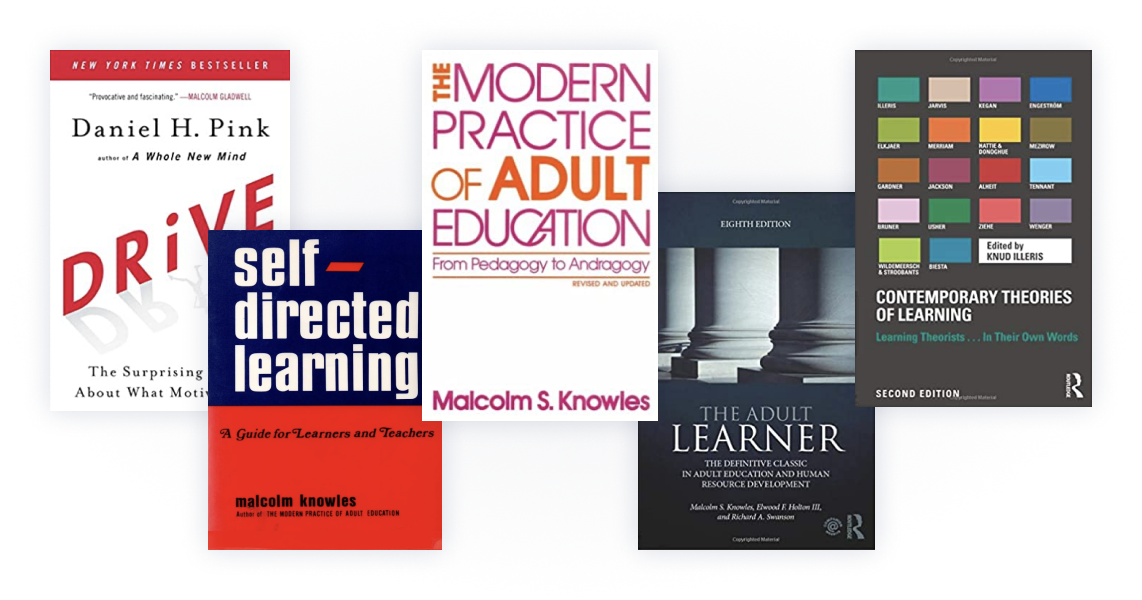
- Drive: The Surprising Truth About What Motivates Us, Daniel Pink;
- Self-Directed Learning, Malcolm Knowles;
- The Modern Practice of Adult Education: From Pedagogy to Andragogy, Malcolm Knowles;
- The Adult Learner: The definitive classic in adult education and human resource development, Malcolm Knowels;
- Contemporary Theories of Learning: Learning Theorists … In Their Own Words, Knud Illeris;

